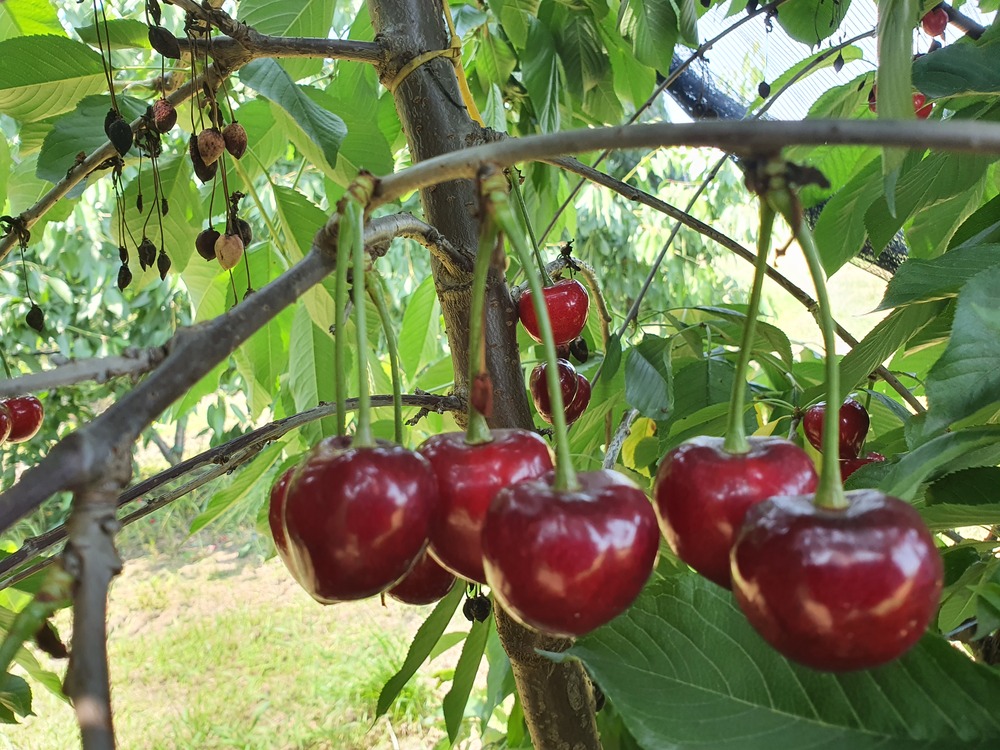As is well known, TCP proteins are plant-specific transcription factors that play an important role in plant and fruit growth and development. Despite the known significance of these transcription factors in general plant development, their specific role in cherry fruit growth remains largely unknown.
The study conducted by the research group of the College of Horticulture at Sichuan Agricultural University in China explored the potential role of TCP transcription factors in cherry fruit growth and development.
Thirteen members of the PavTCP family were identified within the sweet cherry plant, with two, PavTCP1 and PavTCP4 , containing potential target sites for Pav-miR159, Pav-miR139a and Pav-miR139b-3p. Analysis of cis-acting elements and prediction of Arabidopsis homology show that the PavTCP family comprises many light-sensitive elements.
It was found that PavTCP1 and PavTCP3 homologues in Arabidopsis TCP proteins are crucial for light responses. Shading experiments showed distinct correlation patterns between PavTCP1 , 2 and 3 and total anthocyanins, soluble sugars and soluble solids in cherry fruits.
These observations suggest that these genes may contribute significantly to the light responses of sweet cherries. In particular, PavTCP1 could play a key role, potentially mediated by Pav-miR159, Pav-miR139a and Pav-miR139b-3p.
This study is the first to reveal the potential function of TCP transcription factors in the light responses of cherry fruits, paving the way for future investigations into the role of this family of transcription factors in plant fruit development.
Source: Chen, C., Zhang, Y., Chen, Y. et al. Sweet cherry TCP gene family analysis reveals potential functions of PavTCP1, PavTCP2 and PavTCP3 in fruit light responses. BMC Genomics 25, 3 (2024). https://doi.org/10.1186/s12864-023-09923-z.
Cherry Times - All rights reserved










